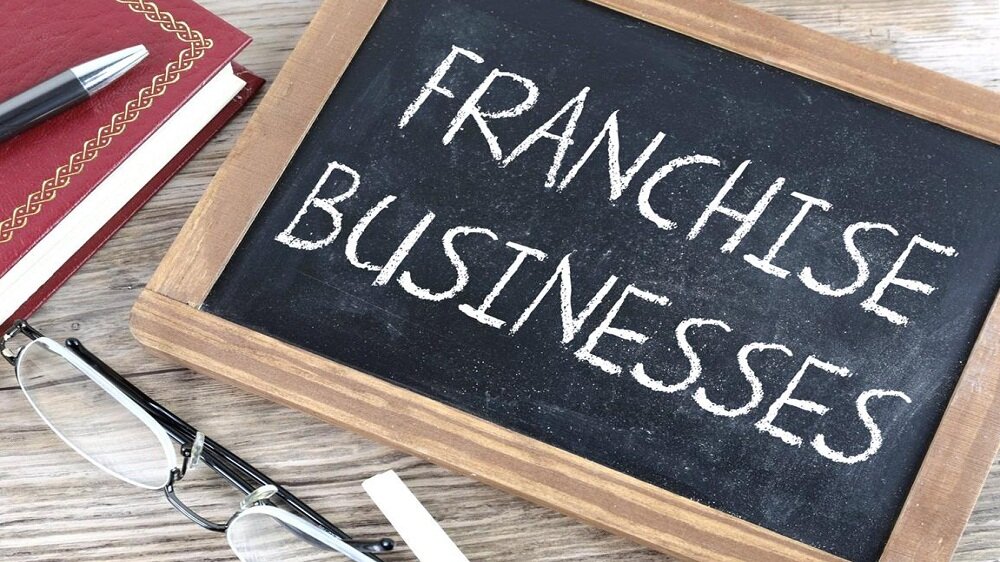In today’s rapidly evolving business landscape, entrepreneurs are faced with an important question: Should you start your own business from scratch or invest in a proven franchise? Both models offer unique advantages and challenges, but which one has the edge in 2025?
Let’s explore the differences, trends, and what makes each model shine in this year’s economic climate.
Franchise: Stability with a Blueprint
Franchising means buying into a business model that’s already been tested and proven. You get brand recognition, a loyal customer base, marketing support, and operational guidance right out of the gate.
Advantages in 2025:
-
Brand Trust: Consumers are gravitating toward familiar names, especially in uncertain times.
-
Support Systems: With inflation and labour challenges, franchises offer centralised support in hiring, pricing, and sourcing.
-
Scalability: Multi-unit franchising is booming, allowing owners to expand faster with less risk.
Challenges:
-
High Initial Investment: Franchise fees and royalties can be steep.
-
Limited Flexibility: You must follow the brand’s rules—innovation is often limited.
-
Revenue Sharing: A portion of profits goes to the franchisor.
Startup: Freedom with Full Ownership
A startup allows you to build your brand, product, and culture from the ground up. It’s ideal for innovators who want creative freedom and full control.
Advantages in 2025:
-
Tech-Driven Opportunities: AI, blockchain, and sustainable tech are creating massive opportunities for new businesses.
-
Funding Access: Crowdfunding, angel investing, and incubators are more accessible than ever.
-
Personal Branding: Entrepreneurs can build powerful personal brands that align with their startups.
Challenges:
-
High Risk: 90% of startups still fail within the first five years.
-
Unpredictable Revenue: Cash flow can be inconsistent, especially in the early stages.
-
Loneliness & Pressure: Founders often carry the entire weight of the business.
Key Trends to Consider in 2025
-
Franchise Growth in Tier-2 Cities: Franchises are expanding in smaller Indian cities and global suburbs, thanks to rising disposable income and infrastructure improvements.
-
Tech Startups in Niche Markets: Startups that solve specific problems (e.g., health tech, edtech, green energy) are gaining investor interest.
-
Hybrid Models: Some entrepreneurs are blending the models, starting a business that can one day be franchised.
So, Which Model Wins in 2025?
It depends on your goals.
-
If you want structure, lower risk, and faster returns, franchising may be the better path.
-
If you crave freedom, innovation, and full control, a startup may better suit your ambition.
Ultimately, the “winner” is the model that fits your vision, resources, and appetite for risk. In 2025, both paths can lead to success with the right mindset and strategy.



